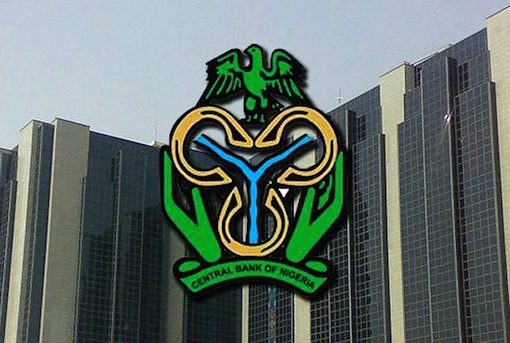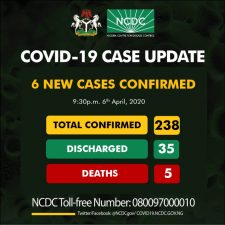The Central Bank of Nigeria (CBN) has rolled out a tougher sanctions regime for Anti-Money Laundering and Combating the Financing of Terrorism (AML/CFT) which stipulates fines on banks, their directors and other key officials for 48 money laundering infractions.
The new regime is an imporovement on existing regime, which only stipulates fines against financial institutions for money laundering infractions.
The new regime was also developed to ensure that Nigeria’s compliance with Financial Action Task Force (FATF) recommendation 35 which states: “Countries should ensure that there is a range of effective, proportionate and dissuasive sanctions, whether criminal, civil or administrative, available to deal with natural or legal persons covered by Recommendations 6, and 8 to 23, that fail to comply with AML/CFT requirements. Sanctions should be applicable not only to financial institutions and DNFBPs, but also to their directors and senior management.”
According to the CBN, banks and board members or chief compliance officers will all be sanctioned for 31 out of the 48 money laundering infractions listed in the new regime. For each of the 31 infractions, the new regime stipulates minimum fines ranging from N500,000 to N1.2 million on board members or chief compliance officers or the internal auditor, and fines ranging from N1 million to N20 million on the offending bank.
The new sanction regime was communicated to banks and other financial institutions by the Director Financial Policy and Regulations Department of the apex bank, Kevin N. Amugo, through a circular titled: “CBN Anti-Money Laundering and Combating the Financing of Terrorism (administrative sanctions) regulations, 2018.”
The circular stated: “Banks and other financial institutions are by this circular informed of the attached ‘CBN AML/CFT Administrative Sanctions Regime’ the application of which comes into effect as at the date of the Gazette. Kindly ensure compliance.”
The infractions and penalties stipulated under the new regime include: failure to approve the AML/CFT policies and procedures -a minimum penalty as follows: N1 million on each member of the board and N20 million on the Deposit Money Banks (DMB); Failure to review/ update the AML/CFT policies and procedures at least every three (3) years, a minimum penalty as follows: N750,000 on the Executive compliance officer in the for instance and N750,000 for each year that the contravention continues. N500,000 on the Chief compliance officer in the first instance and N500,000 for each year that the contravention continues. N5 million on the bank in the first instance and N1 million for each year that the contravention continues; “Failure to communicate the AML/CFT program of the organization to the employees. A minimum penalty as follows: N750,000 on the Executive compliance officer, N500,000 on the Chief compliance officer and N10 million on the DMB. ‘Failure of the board or its committee to supervise and ensure the effective implementation of the AML/CFT programme, A minimum penalty as follows: N500,000 on each member of the board and N10 million on the DMB.”
“Failure of the officer to generate periodic reports on AML/CFT issues to the board or its relevant committee, a minimum penalty as follows: N750,000 on the Executive compliance officer, N500,000 on the Chief compliance officer and N5 million on the DMB; “Failure to classify ML/TF risks in the bank, failure to put in place guidelines for risk assessment and profiling of customers in institutions’ AML/CFT board approved program and failure to carryout risk assessment and profiling of each account, a minimum of N1 million on the Chief compliance officer of the DMB, a minimum penalty of N3 million on the DMB for failure to put in place guidelines for risk assessment and profiling of customers in AML/CFT program. A minimum of N100,000 per account for failure to carryout risk assessment and profiling of account.




